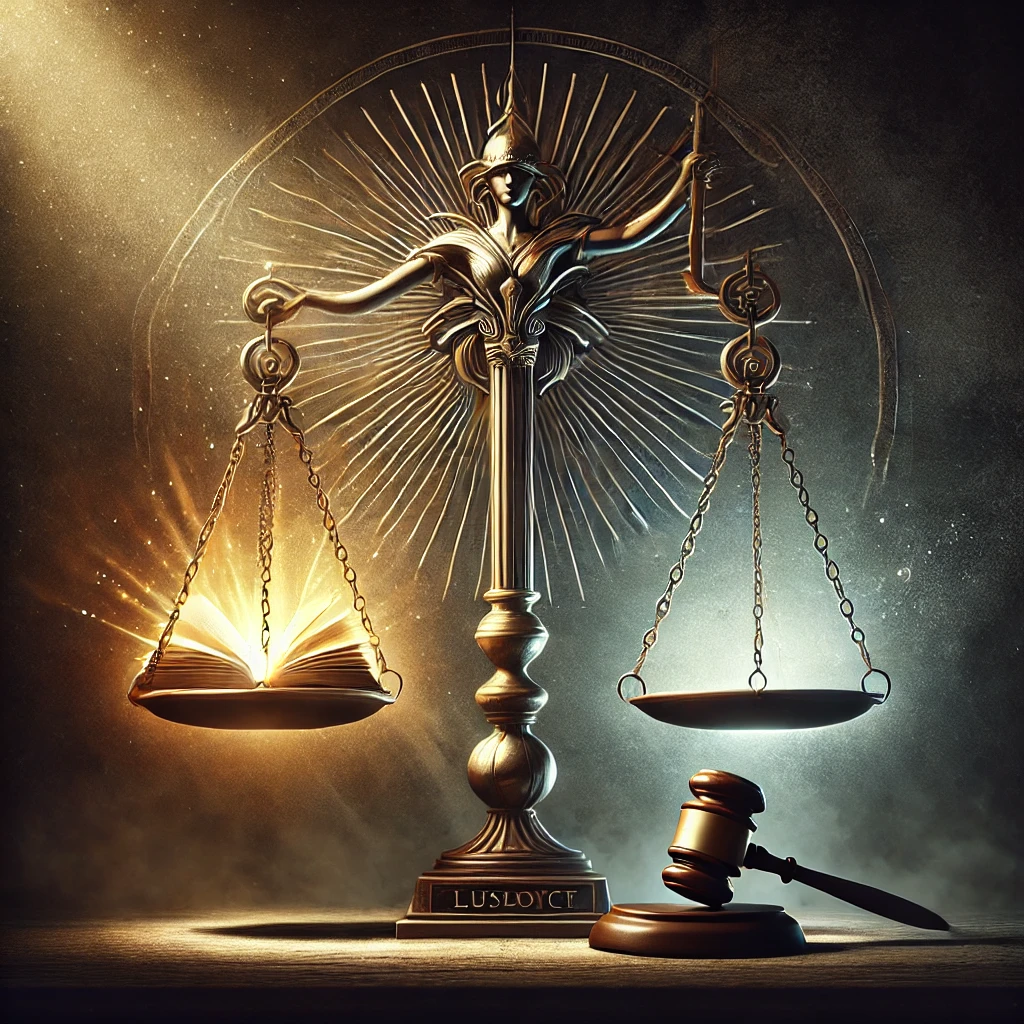Laws are the backbone of any society, shaping its values, norms, and behavior. They are seen as guiding principles that maintain order, justice, and equity. However, as T. Tymoff aptly points out, “it is not wisdom but authority that makes a law.” This statement raises profound questions about the origins, purpose, and implications of laws. In this article, we will explore the concept of authority versus wisdom in lawmaking, the historical and philosophical contexts of Tymoff’s assertion, and its modern-day relevance.
The Nature of Law: Authority Versus Wisdom
To understand Tymoff’s claim, it is essential to distinguish between authority and wisdom. Wisdom is often associated with experience, knowledge, and ethical judgment. It embodies the ability to discern what is just, fair, and beneficial for the greater good. Authority, on the other hand, refers to the power or right to enforce decisions, often granted by societal structures, governments, or institutions. While wisdom seeks moral and logical soundness, authority operates on the basis of control and compliance.
The distinction between authority and wisdom becomes evident when examining the legislative process. Laws are not always created to reflect the highest ideals of wisdom. Instead, they are often shaped by the priorities and agendas of those in positions of authority. This can lead to the implementation of laws that prioritize control, economic gain, or political advantage over ethical considerations or public welfare.
Historical Perspectives on Law and Authority
Throughout history, laws have often been the result of authority rather than wisdom. Ancient civilizations, such as Mesopotamia and Egypt, codified laws to assert the power of rulers. The Code of Hammurabi, one of the earliest legal codes, was less about promoting wisdom and more about legitimizing the authority of the king. Similarly, in medieval Europe, laws were frequently enacted to reinforce the feudal hierarchy and maintain the dominance of the ruling class.
The Enlightenment period brought a shift in perspective, emphasizing reason and wisdom as the basis for lawmaking. Philosophers like John Locke and Jean-Jacques Rousseau argued for laws rooted in natural rights and social contracts. However, even during this era, the practical implementation of laws often fell short of these ideals, as authority continued to play a dominant role.
Modern Implications of Authority-Driven Laws
In contemporary society, Tymoff’s assertion remains relevant as laws continue to be shaped by authority. Governments, corporations, and other powerful entities wield significant influence over the legislative process. While democratic systems aim to reflect the collective wisdom of the people, the reality is often more complex.
One example is the prevalence of lobbying in democratic nations. Corporations and special interest groups frequently use their authority to sway lawmakers, resulting in legislation that may benefit a select few at the expense of the majority. Environmental laws, healthcare policies, and tax regulations are often shaped more by the interests of influential stakeholders than by wisdom or public need.
Additionally, laws can reflect the biases and priorities of those in power. Authoritarian regimes, for instance, often enact laws that suppress dissent and maintain control. Even in democratic systems, laws can be used to marginalize certain groups or perpetuate systemic inequalities. The authority that creates these laws does not always act with wisdom or fairness, leading to social and ethical dilemmas.
The Role of Public Perception and Compliance
Tymoff’s statement also highlights the role of public perception in the legitimacy of laws. Authority derives its power from the ability to enforce compliance, but compliance often hinges on societal acceptance. When laws are perceived as unjust or disconnected from wisdom, they may face resistance or disobedience.
Civil disobedience movements throughout history illustrate this dynamic. Leaders like Mahatma Gandhi and Martin Luther King Jr. challenged authority-driven laws that lacked moral or ethical grounding. Their efforts underscored the importance of aligning laws with wisdom and justice to ensure societal harmony and progress.
Balancing Authority and Wisdom in Lawmaking
While Tymoff’s assertion highlights the dominance of authority in lawmaking, it also invites reflection on how to balance authority with wisdom. Achieving this balance requires systemic changes and a commitment to ethical governance. Some strategies to align laws with wisdom include:
- Inclusive Participation: Ensuring diverse representation in the legislative process can bring varied perspectives and wisdom to the table. This includes involving marginalized communities, experts, and stakeholders in decision-making.
- Transparency and Accountability: Laws should be created through transparent processes, with mechanisms for holding lawmakers accountable. This can help prevent the misuse of authority and ensure that laws serve the public interest.
- Evidence-Based Policy: Grounding laws in empirical evidence and research can enhance their effectiveness and fairness. Wisdom thrives when decisions are informed by facts and data.
- Ethical Oversight: Establishing independent bodies to review and evaluate laws can help ensure they align with ethical principles and societal values.
Tymoff’s Assertion in the Context of Global Challenges
In a rapidly changing world, Tymoff’s observation holds particular significance. Global challenges such as climate change, inequality, and technological advancements require laws that balance authority with wisdom. For instance, addressing climate change necessitates bold legislative action guided by scientific wisdom, yet it also requires the authority to implement and enforce these laws effectively.
Similarly, the regulation of emerging technologies like artificial intelligence demands a careful interplay of authority and wisdom. Without wisdom, laws may fail to anticipate long-term consequences, and without authority, they may lack the power to mitigate risks.
Conclusion
T. Tymoff’s assertion, “it is not wisdom but authority that makes a law,” serves as a powerful reminder of the realities of lawmaking. While authority is essential for the enforcement and implementation of laws, wisdom is crucial for ensuring that these laws are just, ethical, and beneficial to society. The challenge lies in bridging the gap between authority and wisdom, fostering a legislative process that prioritizes the greater good over narrow interests.
As individuals and societies, we must advocate for laws that reflect both authority and wisdom, recognizing that true justice emerges when power is wielded with ethical responsibility. By striving for this balance, we can create a legal framework that not only upholds order but also embodies the principles of fairness, equity, and humanity.



